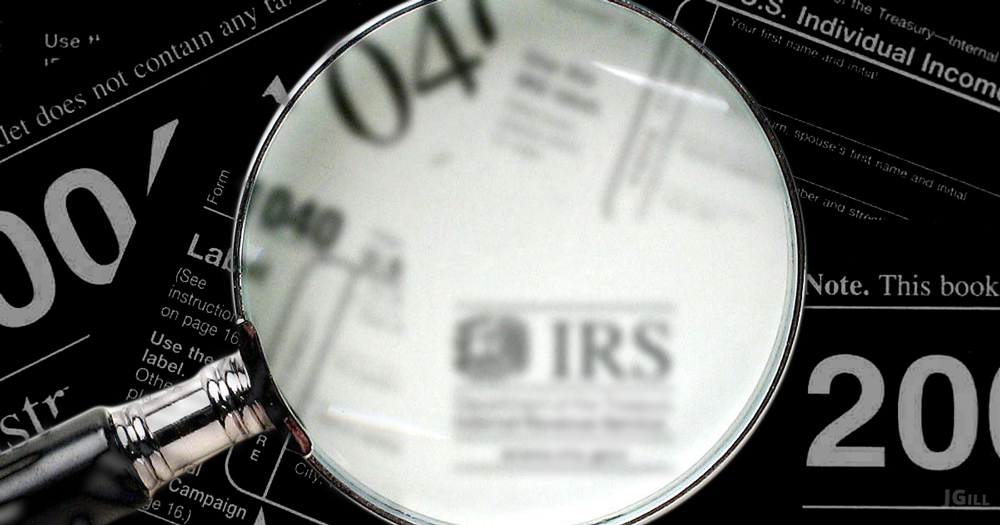“The phone records program” that Edward Snowden risked life, limb and freedom to expose “had never thwarted a terrorist attack,” the New York Times informs in a somewhat startling bit of reportage published on Monday.
But that isn’t the startling part.
The National Security Administration’s unauthorized metadata phone-records collection program was a wish-list snoop system snuck into practice under cover of the Patriot Act. After the Snowden revelation, Congress halted it, replacing it with a similar operation in 2015, via the U.S.A. Freedom Act. But we have long known that U.S. spies could do most of what they “need” without pre- or post-Snowden versions.
What is startling in the Times article, “Disputed N.S.A. Phone Program Is Shut Down, Aide Says,” is there in the title: the federal government’s top spy agency has allegedly not used the program in its Freedom Act version in months, has even closed it.
And the Freedom Act, up for renewal, may just be allowed to die a quiet death.
Nick Gillespie, at Reason, cautions that “the possible end of the USA Freedom Act doesn’t mean the federal government doesn’t have access to all sorts of tools needed to secretly snoop on you, or that your personal data isn’t being collected in any number of ways you have little control over.” And he cites a recent Reason piece on how Patriot Act survellaince powers have been used to bust up a prostitution ring.
Which shows how terrorism is not the only government target.
And why giving government vast surveillance powers could be used for anything.
Not to mention that niggly problem of abridging the Fourth Amendment rights that had so concerned Ed Snowden.
This is Common Sense. I’m Paul Jacob.

—
See all recent commentary
(simplified and organized)





